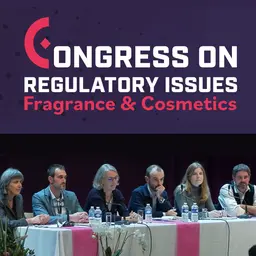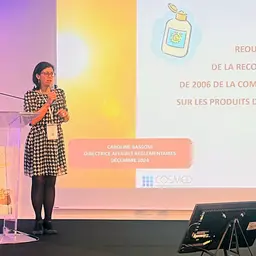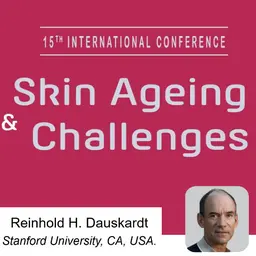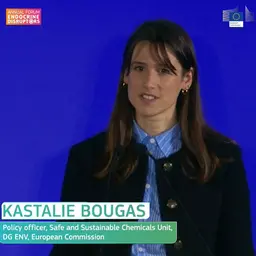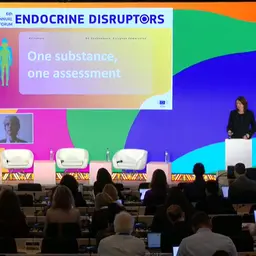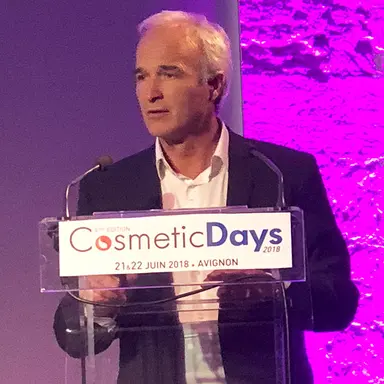
With regard to the endocrine system, are essential oils active or disruptive substances? It is to this question that Jean-Marc Giroux, Doctor of Pharmacy, Toxicologist Pharmacologist and also President of Cosmed, wanted to answer during the Cosmetic Days 2018 dedicated to essential oils. Stressing that the issue, in the context of regulatory, scientific, political and media debates on endocrine disruption, deserves clarification and a clear position from the cosmetics industry.
Jean-Marc Giroux began his presentation by recalling some concepts crucial to a clear understanding of the issue, before discussing approaches to assessing the endocrine disrupting properties of essential oils and illustrating his remarks with a few concrete cases.
Definitions
One of the first definitions of endocrine disruptors (EP) was given by the United States Environmental Protection Agency (EPA).
The EPA definition
It indicates that endocrine disruptors are exogenous agents that interfere with the production, release, transport, metabolism, binding, action or elimination of natural ligands responsible for maintaining, homeostasis and regulating the body’s development.
“The important word in this definition is: interferes,” underlined Jean-Marc Giroux. “And we note, in this first definition, the absence of any notion of harmful effects, such as that of the word endocrine. According to the EPA itself, this is therefore a mechanistic and non-predictive approach.”
On this basis, the EPA has established a list of substances in which all those reported by the bibliography as interfering with the endocrine system have been included.
“What many have forgotten, and particularly the media, is that even the EPA warns against using this data to conclude that substances or mixtures have endocrine potential,” commented Jean-Marc Giroux. “And the construction …

